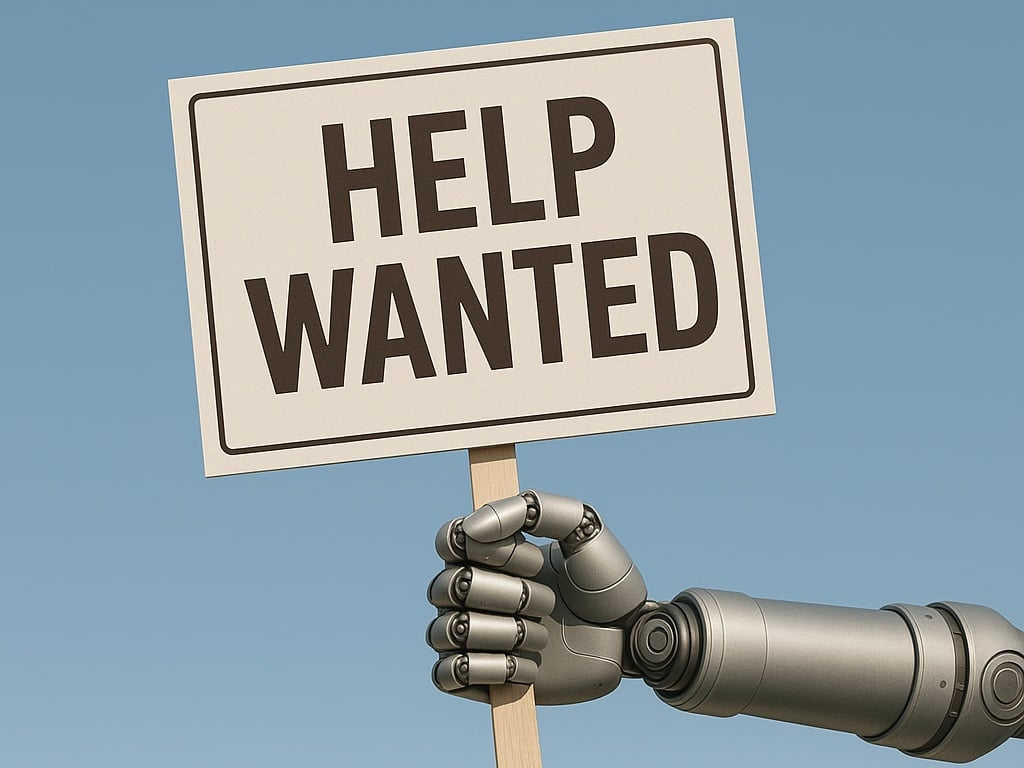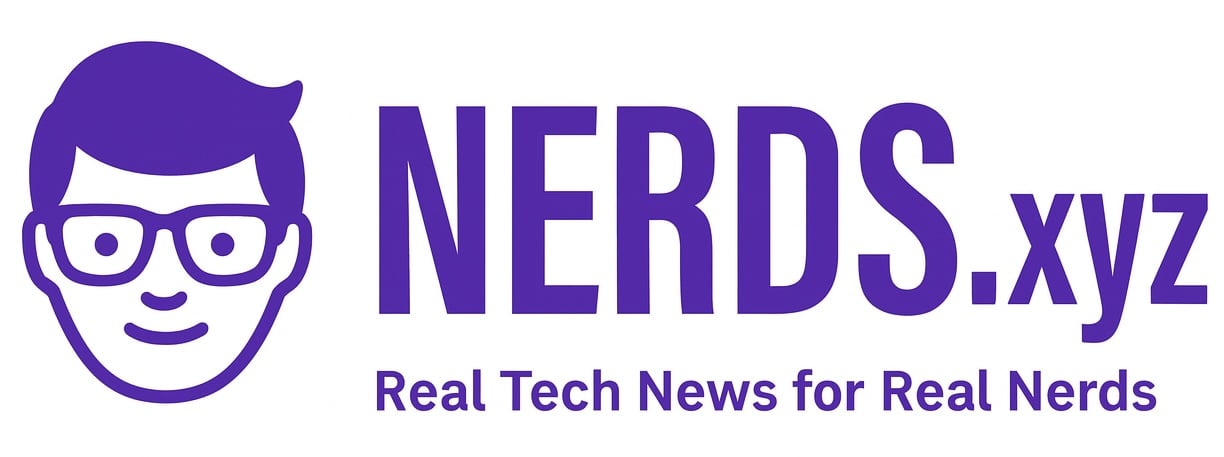
Artificial intelligence has sparked plenty of fear about the future of work. Some wonder whether machines will eventually replace them, while others see it as a chance to reshape careers. OpenAI is now positioning itself as a central player in that transition, promising to make AI skills more accessible and directly connect workers with employers.
The company argues that AI could end up creating more opportunities than it eliminates. It says the technology can help businesses trim waste, give entrepreneurs new ways to earn money, and lead to careers that haven’t even been imagined yet. At the same time, it admits disruption is unavoidable. Companies will need to rethink how they operate, and workers across all levels will be expected to adapt.
To make that shift easier, OpenAI is rolling out two main efforts. The first is a new jobs marketplace meant to bring AI-trained workers together with businesses in need of their skills. That marketplace isn’t just targeted at big names like Walmart or John Deere. Actually, it’s also supposed to help small firms and even local governments who want to adopt AI but lack the talent in-house. For example, the Texas Association of Business has plans to use the platform to link thousands of state employers with workers who can help modernize operations.
The second initiative is certification. OpenAI already runs a free online Academy that has drawn millions of learners, but now it wants to provide official recognition of AI skills. These certifications will cover everything from basic workplace use of ChatGPT to advanced specializations like custom automation and prompt design. Training and testing will be integrated directly into ChatGPT itself, with a “Study mode” to help candidates prepare. OpenAI says companies will even be able to fold the program into their internal training systems.
One ambitious target stands out: the company wants 10 million Americans to earn its certifications by 2030. Walmart, the largest private employer in the world, is backing the plan. The retailer’s leadership has already said it views AI training as critical for the future of retail and wants its workers prepared to adapt.
Of course, anyone who has followed workforce training programs knows results can be mixed. Past reskilling campaigns often failed to deliver better jobs or paychecks. OpenAI insists it has studied those failures and is designing its programs with actual employer needs in mind, rather than pushing out hollow certificates.
The White House has been urging tech firms to expand AI literacy, and these moves fit neatly into that agenda. Still, a big unknown remains: will employers truly treat these certifications as valuable proof of skill, or will they be dismissed as little more than badges?
If OpenAI’s effort works, it could make the company not just a developer of AI models but also a gatekeeper for the next wave of AI-savvy workers. If it doesn’t, the risk is that AI will simply deepen economic divides rather than level the playing field.

